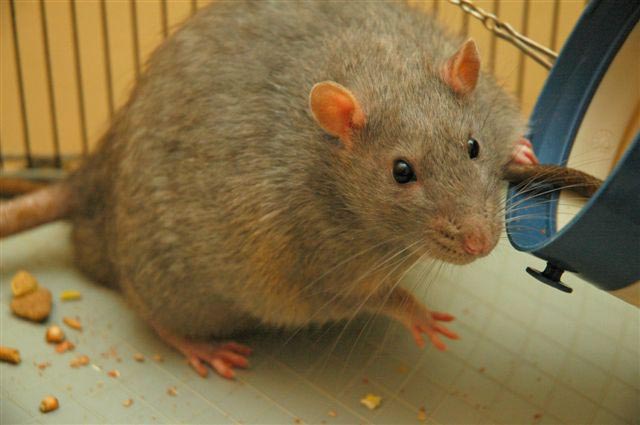
Rats experience regret after making a bad choice, according to a new study. Like humans, rats' regretful nature came after they made a wrong choice regarding food. The new study has been conducted by University of Minnesota researchers and it is for the first time that regretful behavior among mammals other than humans have been observed.
To find out the behavior, the researchers employed a task called Restaurant Row, where rats were offered foods and were made to decide how long they were eager to wait for the food. Circles of tunnels were made, each having different food choice. As the rats went by the tunnel, researchers observed if they waited for a food reward or moved to the other one. The rats that moved on and found the next reward even worse, showed regretful behavior by making a different tone.
"Regret is the recognition that you made a mistake, that if you had done something else, you would have been better off. The hard part was that we had to separate disappointment, which is just when things aren't as good as you hoped. The key was letting the rats choose," BBC News quoted Prof David Redish, one of the team members of the research.
"It's like waiting in line at the restaurant. If the line is too long at the Chinese restaurant, then you give up and go to the Indian restaurant across the street."
The experiment suggested that regretful behavior after making a wrong decision is not unique to humans. One of the main problems in the study was distinguishing between regret and disappointment.
Some of the rats waited longer for good options of food. Those rats that decided to not to wait and moved on and encountered bad options. The behavior is called as regret-inducing situation by the researchers. In such cases, the researchers found the rats pausing and turning back at the good reward they had passed over. The longer wait for the preferred flavors showed that the researchers could determine good and bad food options.
This study is a vital step for neuroscientists and animal behaviorists. The brain remains a huge topic for science, and understanding every step is important. Brain scans also showed activity in the rat's brain areas that would corelate with regretful activity in human brains.
The findings were significant as it demonstrated a high level of cognitive ability in rats, according to Dr Mark Walton at University of Oxford, who was involved in reviewing the research. He also praised the team's experiment.
"It is a clever way to look at cognitive processes, seeing how rats perform these tasks can open up how they think and behave in the wild," said Walton.
The details of the study have been published in the journal Nature Neuroscience.
















